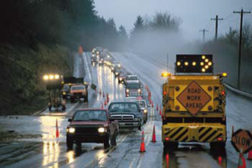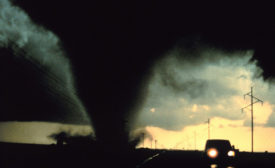News
A NIOSH Science Blog post
Medication-assisted treatment for opioid use disorder
May 29, 2019
Contractors to drivers: Go slow in highway work zones
Associated General Contractors of America tries to reduce risk to workers
May 29, 2019
Never miss the latest news and trends driving the safety industry
eNewsletter | Website | eMagazine
JOIN TODAYCopyright ©2024. All Rights Reserved BNP Media.
Design, CMS, Hosting & Web Development :: ePublishing










